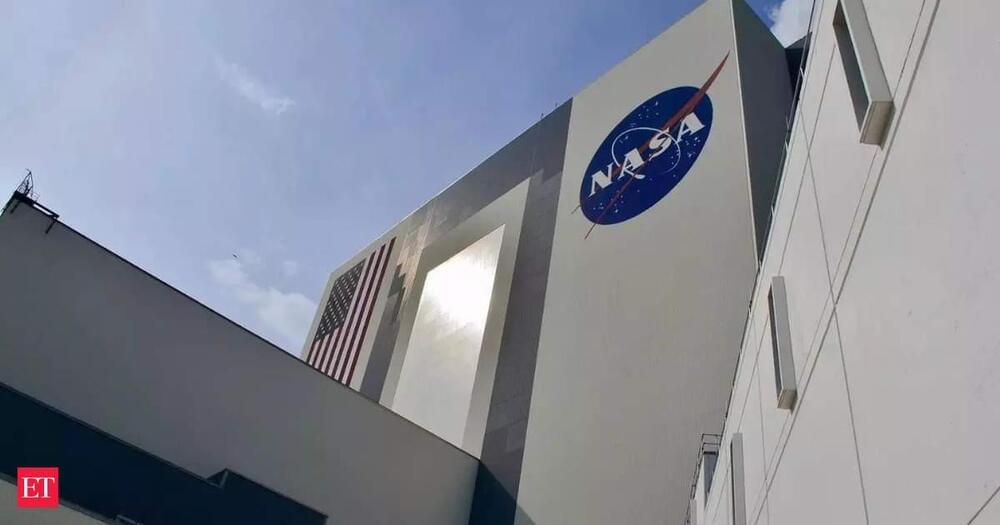Value. Space uses satellites to assess risks to infrastructure.
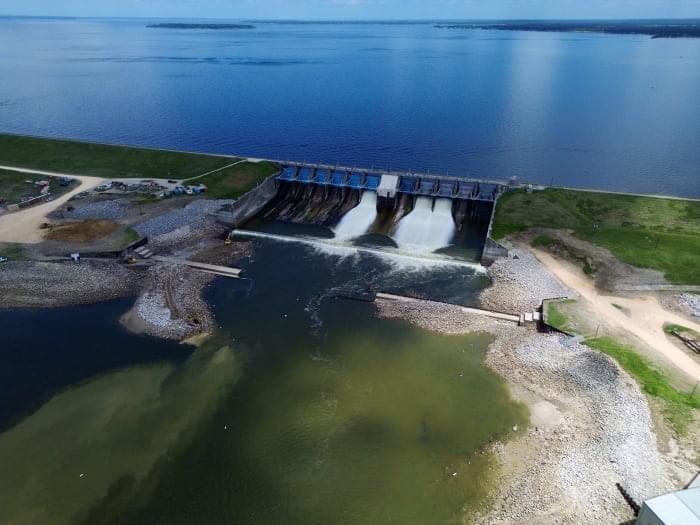


An archaeological team in Venezuela has uncovered 20 ancient rock art sites in Canaima National Park in the southeastern part of the country, consisting of both pictograms and petroglyphs, estimated to be about 4,000 years old.
This discovery reveals a previously unknown culture, even though similar rock art has been found elsewhere in South America.
The newfound rock art, referred to as pictograms, was painted in red and featured geometric shapes such as dotted lines, rows of X’s, star-shaped patterns, and interconnected straight lines. Additionally, there are simple depictions of leaves and stick figure drawings of people. Some images, known as petroglyphs, were incised into the rock and exhibit similar geometric designs.
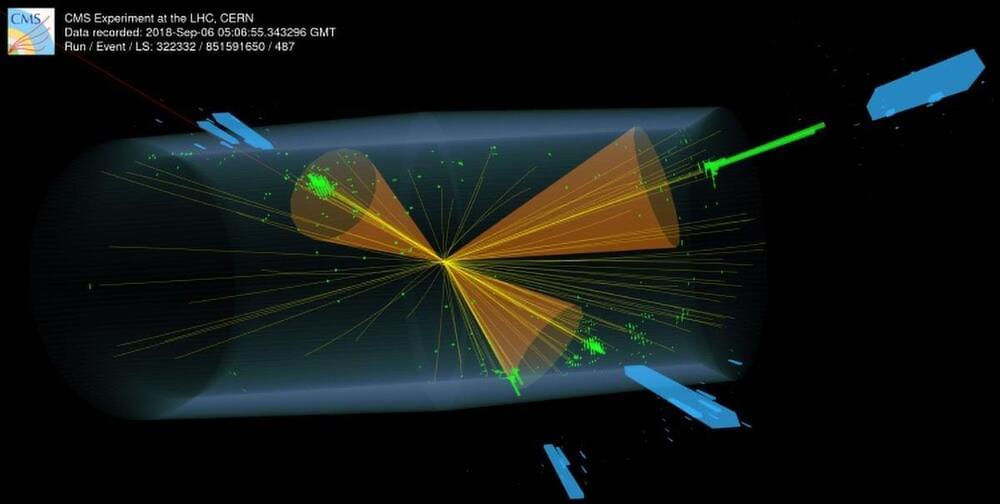
One of the primary goals of the Large Hadron Collider (LHC) experiments is to look for signs of new particles, which could explain many of the unsolved mysteries in physics. Often, searches for new physics are designed to look for one specific type of new particle at a time, using theoretical predictions as a guide. But what about searching for unpredicted – and unexpected – new particles?
Sifting through the billions of collisions that occur in the LHC experiments without knowing exactly what to look for would be a mammoth task for physicists. So, instead of combing through the data and looking for anomalies, the ATLAS and CMS collaborations are letting artificial intelligence (AI) streamline the process.
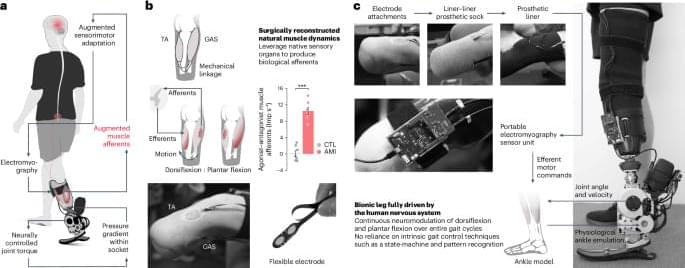
In this study we show that residual muscle–tendon afferents enable a person with transtibial amputation to directly neuromodulate biomimetic locomotion, enabling neuroprosthetic adaptations to varying walking speeds, terrains and perturbations. Such versatile and biomimetic gait has not been attainable in contemporary bionic legs without the reliance upon predefined intrinsic control frameworks1,2. Central to the improved neural controllability demonstrated in this study are muscle–tendon sensory organs26,27 that deliver proprioceptive afferents. The surgically reconstructed, agonist–antagonist muscles emulate natural agonistic contraction and antagonistic stretch, thereby generating proprioceptive afferents corresponding to residual muscle movements.
During the ground contact phase of walking, the reconstructed muscle–tendon dynamics of the AMI do not precisely emulate intact biological muscle dynamics. The residual muscles of the AMI contract and stretch freely within the amputated residuum, only pulling against one another and not against the external environment. In distinction, for intact biological limbs, the muscle–tendons span the ankle joint, exerting large forces through an interaction with the external environment. These interactive muscle–tendon dynamics in intact biological limbs are believed to play a critical role in spinal reflexes, in addition to providing feedback for volitional motor control12. Therefore, for this study, the demonstrated capacity of augmented afferents to enable biomimetic gait neuromodulation is surprising given that their total magnitude is largely reduced compared with those of intact biological limbs26,27,45,46.
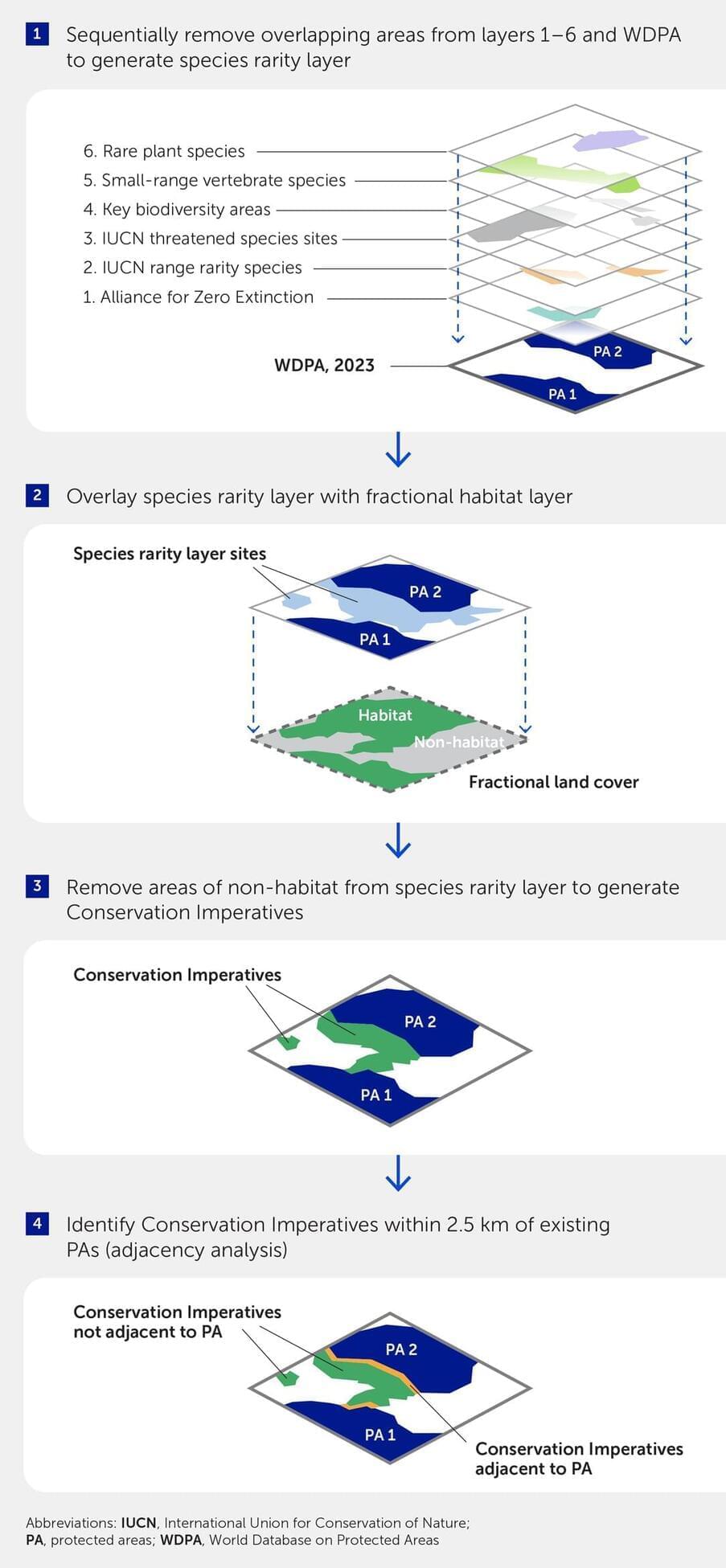
To define areas that must be protected to prevent the most likely and imminent extinctions, we propose Conservation Imperatives—16,825 unprotected sites spanning ~164 Mha of the terrestrial realm that harbor rare and threatened species. We estimate that protecting the Conservation Imperatives would cost approximately US$169 billion (90% probability: US$146—US$228 billion). Globally, 38% of the 16,825 sites are either adjacent to or within 2.5 km of an existing protected area, potentially reducing land acquisition and management costs. These sites should be prioritized for conservation action over the next 5 years as part of a broader strategy to expand the global protected area network.
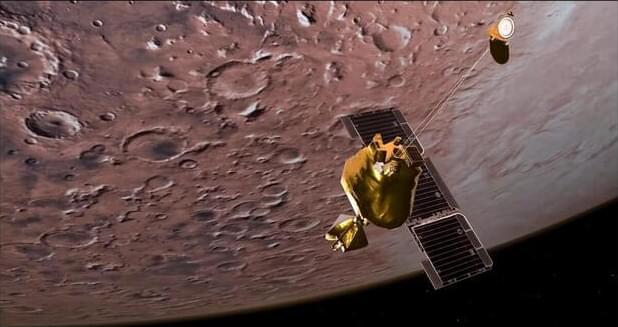
Earth’s largest volcano is Hawaii’s Mauna Loa, a shield volcano with a volume of 18,000 cubic miles. Olympus Mons is 100 times larger. It covers an area 373 miles (600 kilometers) across, about the size of the state of Arizona, and its summit is 17 miles (27 kilometers) high. That is twice the altitude at which commercial jets fly on Earth. Those are both huge measurements for a volcanic feature, but the incredible surface area makes the height look less impressive.
“Normally we see Olympus Mons in narrow strips from above, but by turning the spacecraft toward the horizon we can see in a single image how large it looms over the landscape,” said Odyssey project scientist Jeffrey Plaut.
Odyssey has been orbiting Mars for more than 20 years, having arrived in 2001 to search for water ice buried under the surface. It has spent all these years looking straight down, but NASA fired the probe’s thrusters to reorient it to point the Thermal Emission Imaging System (THEMIS) at the horizon. That’s how mission managers got the panorama below.

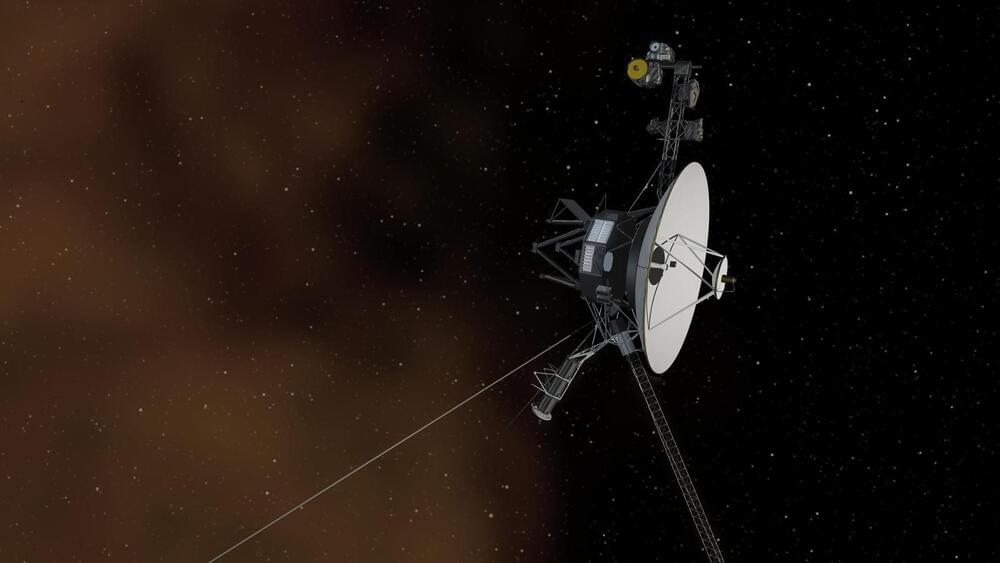

Recent reports have noted that Tesla Germany has received permission to expand Giga Berlin from the Brandenburg State Office for the Environment, as per the Ministry of the Environment. With the approval in place, Tesla could start construction work ahead of schedule.
The Ministry of the Environment noted that the early start of construction involves the buildout of an asphalted logistics area for new vehicles, the construction of underground lines and staircases at the press shop, and the installation of rooftop solar panels. As per German publication Stern, Chancellor Olaf Scholz (SPD) has expressed his support for the Tesla Model Y factory’s expansion.
The approval for Giga Berlin’s expansion is expected to pave the way for the facility to increase its vehicle production output. It should be noted, however, that the approval that Tesla Germany was able to secure was only for expansion of the existing Giga Berlin facility. Further forest clearing activities, which are required for Tesla’s plan to build a railway station in the complex, still require permissions.
